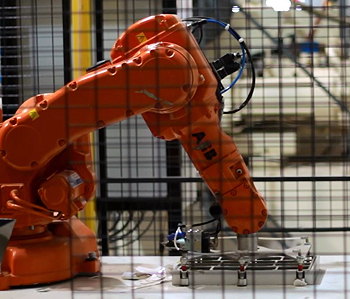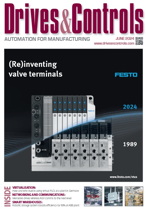- Home » News » World News
Industrial robots have ‘contributed 10% to GDP growth’

The economic benefits of industrial robots installed since the early 1990s have been similar to those of the railways in the 19th century, US highways in the 20th century, and information and communications technologies more recently, according to a new analysis by two economics professors.
Georg Graetz of Uppsala University in Sweden and Guy Michaels from the London School of Economics analysed statistics from 14 industries in 17 developed countries and found that robots have made a “substantial” contribution to productivity and growth. They also found that while fears that robots are destroying jobs on a large scale are unfounded, there is evidence that they may be reducing employment among low- and middle-skilled workers.
The researchers say that, until now, there has been no systematic analysis of the economic effects of robots. Their study “begins to remedy this problem”.
Graetz and Michaels found that industrial robots increase productivity and wages, without reducing the total numbers of hours worked. The rise in productivity means that fewer human hours are needed to produce a given output, but also cuts production costs and output prices. This, in turn, raises demand from consumers, and manufacturers have to hire more people to meet this demand.
The researchers have developed a new measure of robot use – workers’ “replaceability” by robots. Using this index, they found no significant relationship between replaceability and productivity growth before the adoption of robots.
They calculate “conservatively” that the increased use of robots has contributed about 0.37% to annual GDP growth – more than a tenth of total GDP growth since industrial robots were introduced. It is on this basis that they have made the comparison with the other major technological advances in the past. But robots, they point out, represent just 2% of capital spending, which is much less than the earlier technological drivers of growth.

Professors Graetz and Michaels expect the beneficial effects of robots to extend into the future as new capabilities emerge and service robots come of age. But they caution that there is some evidence of diminishing marginal returns to robot use, so they cannot be regarded as a panacea for growth.
On the controversial issue of whether robots are creating or destroying jobs, the researchers describe a “nuanced picture” in which robots appear to reduce the hours and wage-bill shares of low-skilled workers and, to a lesser extent, middle-skilled workers.
But they did not find any significant effect on the employment of high-skilled workers.





